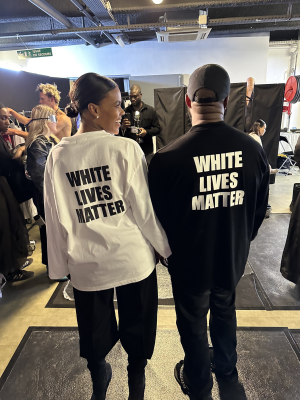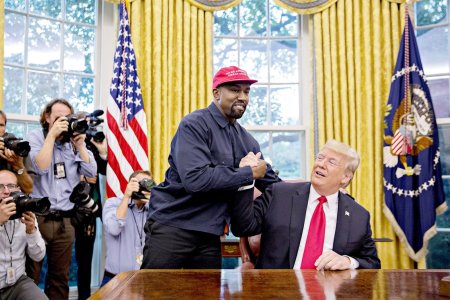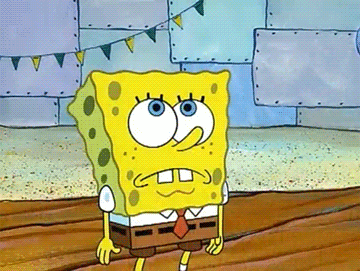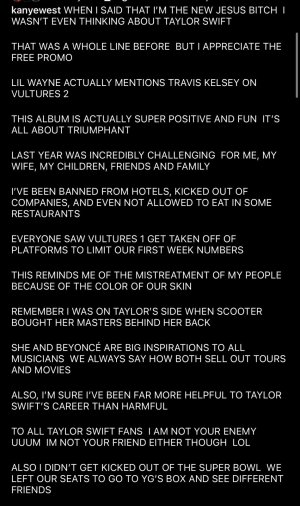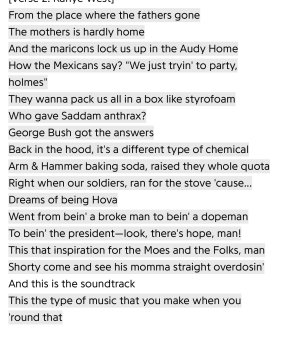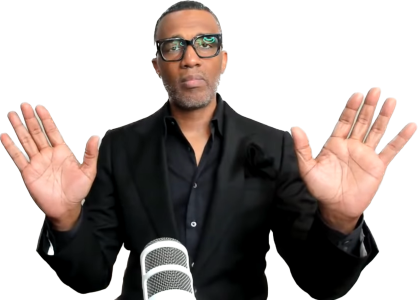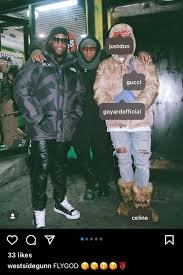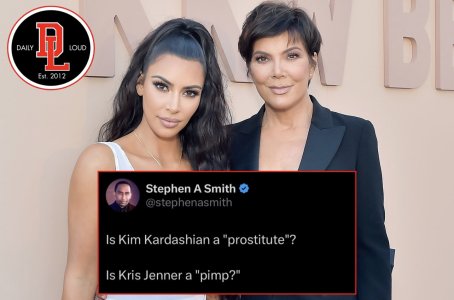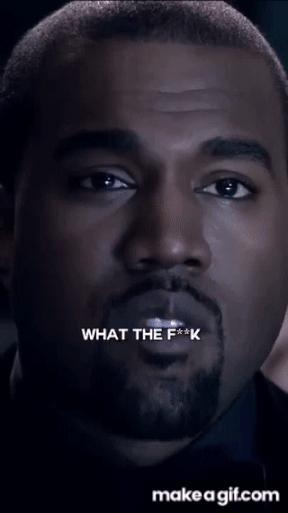In 2003, it was not “35 years ago,” nor was he fifteen at the time of the recording.
My statement was that people were bending over backwards trying to find some way to excuse it at the time - and, sadly, it seems that’s still true.
I find it particularly distasteful when the incident is treated as if it’s an accident, like he slipped on a banana peel, then shouted a racial slur and a derogatory claim about Black women into a microphone.
This seems to be the “Michael Richards defense,” that if someone suffers temporary embarrassment, it is in some way understandable for them to grope around for a weapon and wield a twisted instrument of historical oppression in defense of a momentarily bruised ego. (“Hurt people hurt people.”)
I can accept that it doesn’t move the needle much for you, but, crucially, it did not denigrate you.
There are a lot of people in prison for mistakes they made at 21. Society tends to be significantly more forgiving when the people who make those “mistakes” are White.
It brings to mind Chanel Miller’s powerful statement regarding Brock Turner and his incredibly lenient sentencing:
“My pain was never more important than his potential.”
Forgiveness does not require us to forget, nor should we ignore the tendency in our society to grant some people second (and third, and fourth) chances before giving others their first.
I understand that a lot of Ye’s fans - like Eminem’s fans - are inclined to forgive him - but not all of them have the standing to do so.
It is all too easy to forgive someone for harms inflicted upon someone else. If you’re not Black, if you’re not Jewish, then you have little right to ask those who are to overlook his defamatory statements because you like his art.






